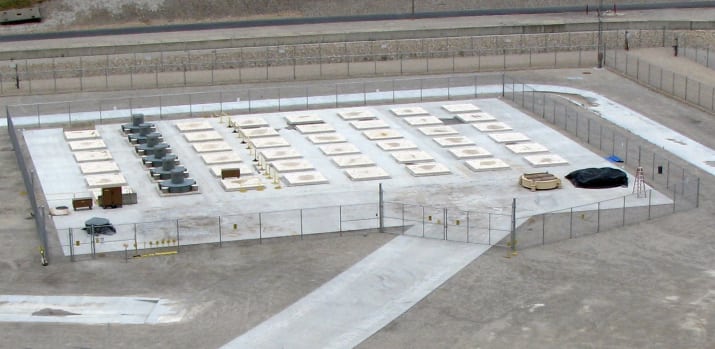
The U.S. Department of Energy has “no authority” under federal law to issue contracts for any commercially operated facility for temporary storage of spent nuclear fuel, Energy Secretary Rick Perry said in a recent letter to a member of Congress.
That runs…